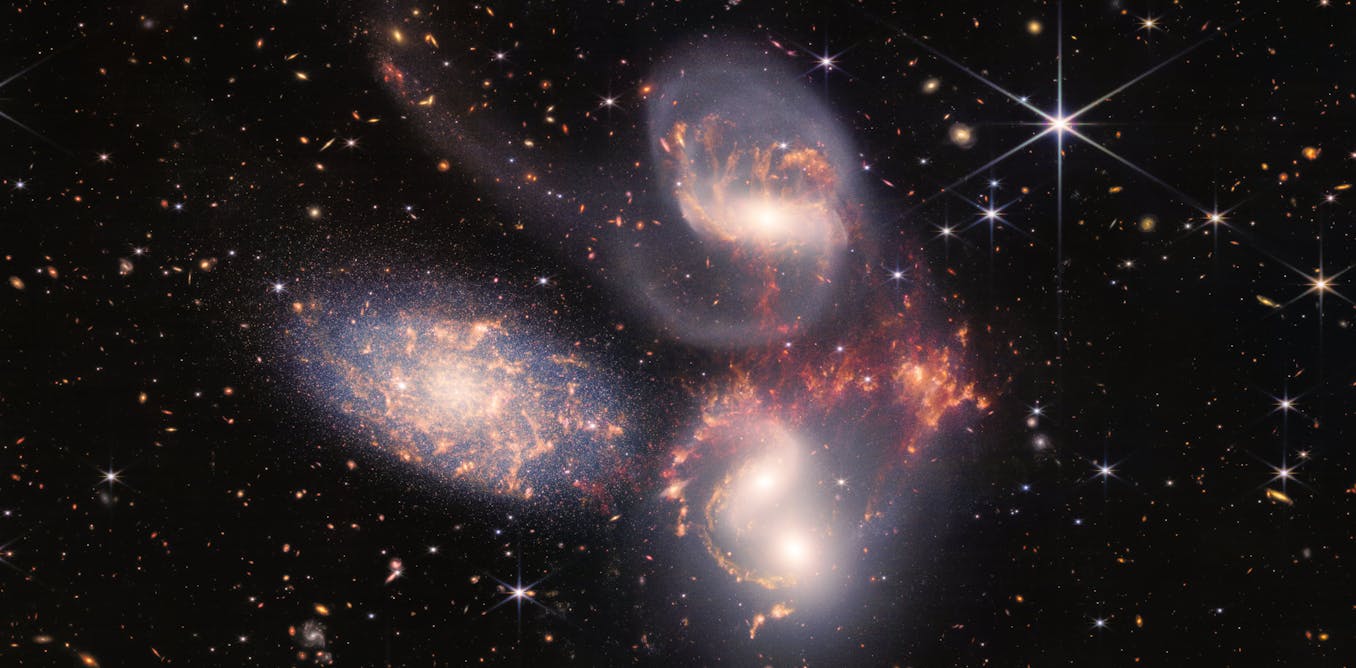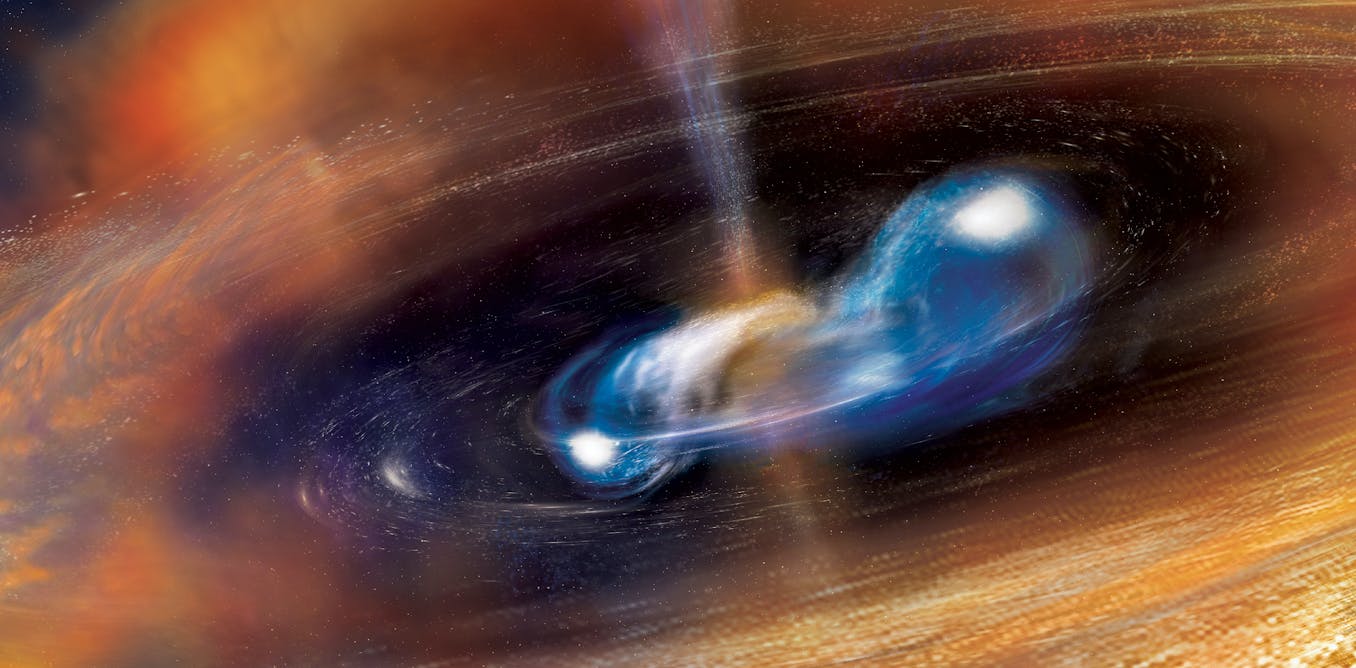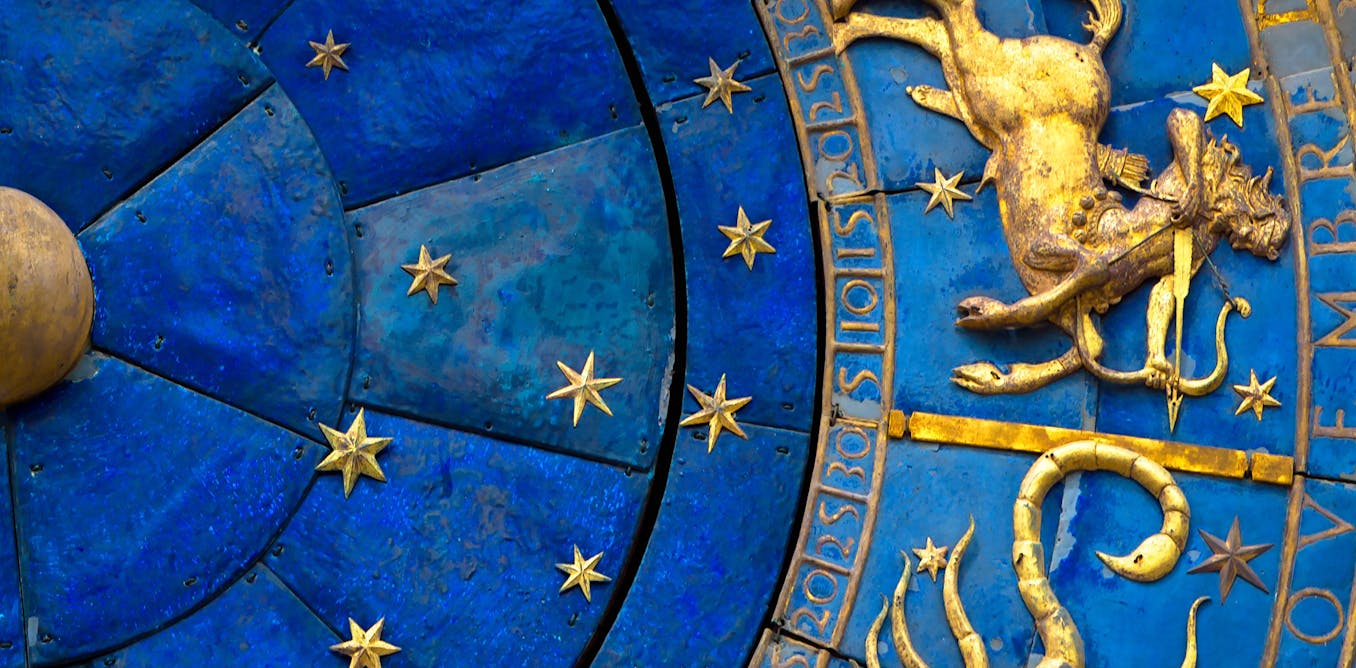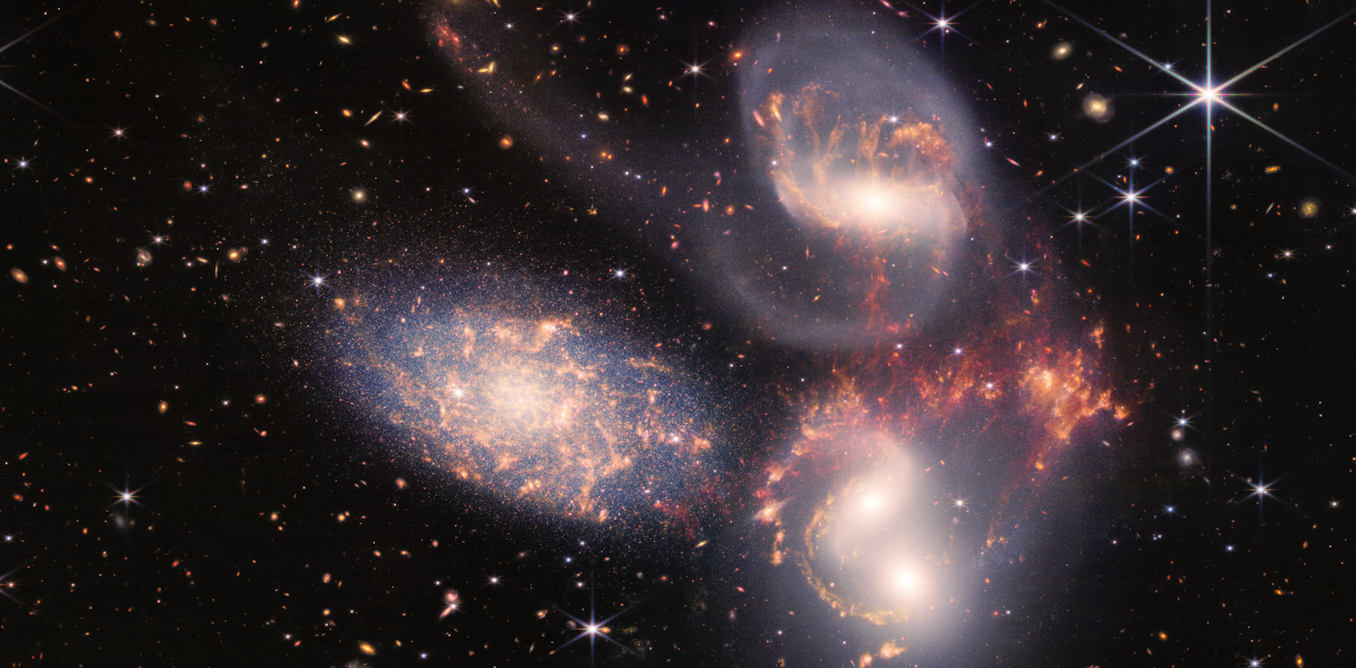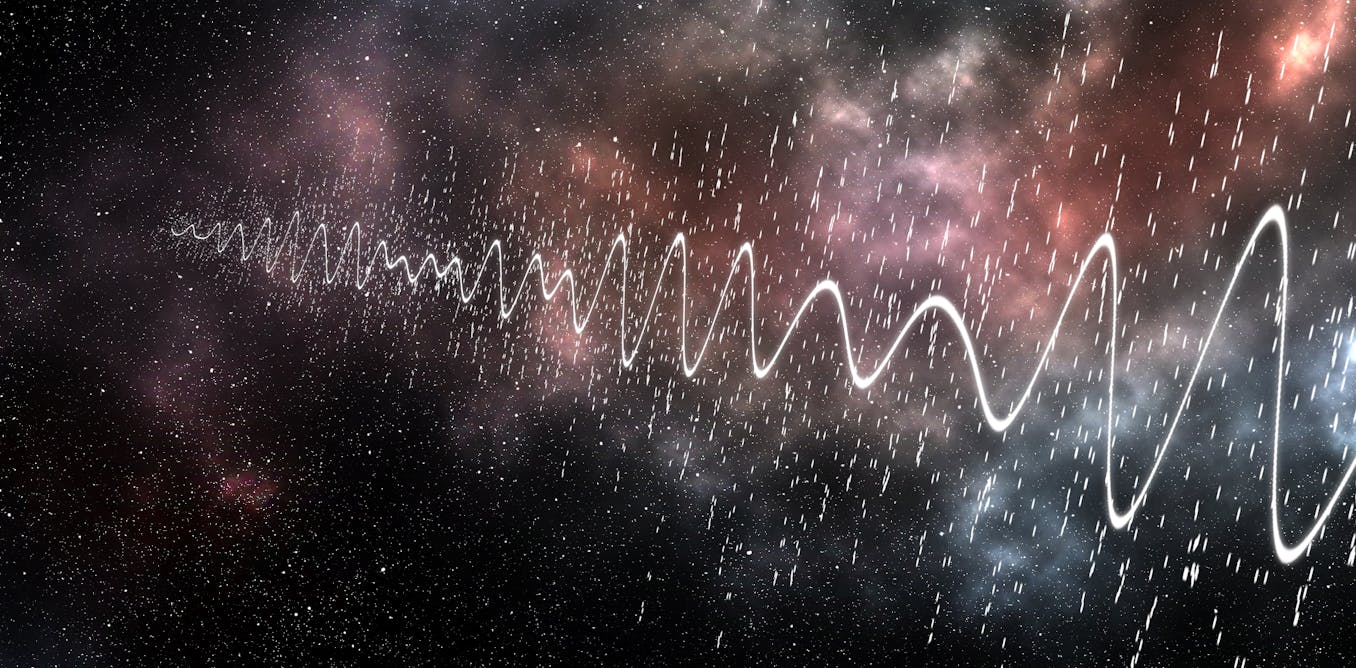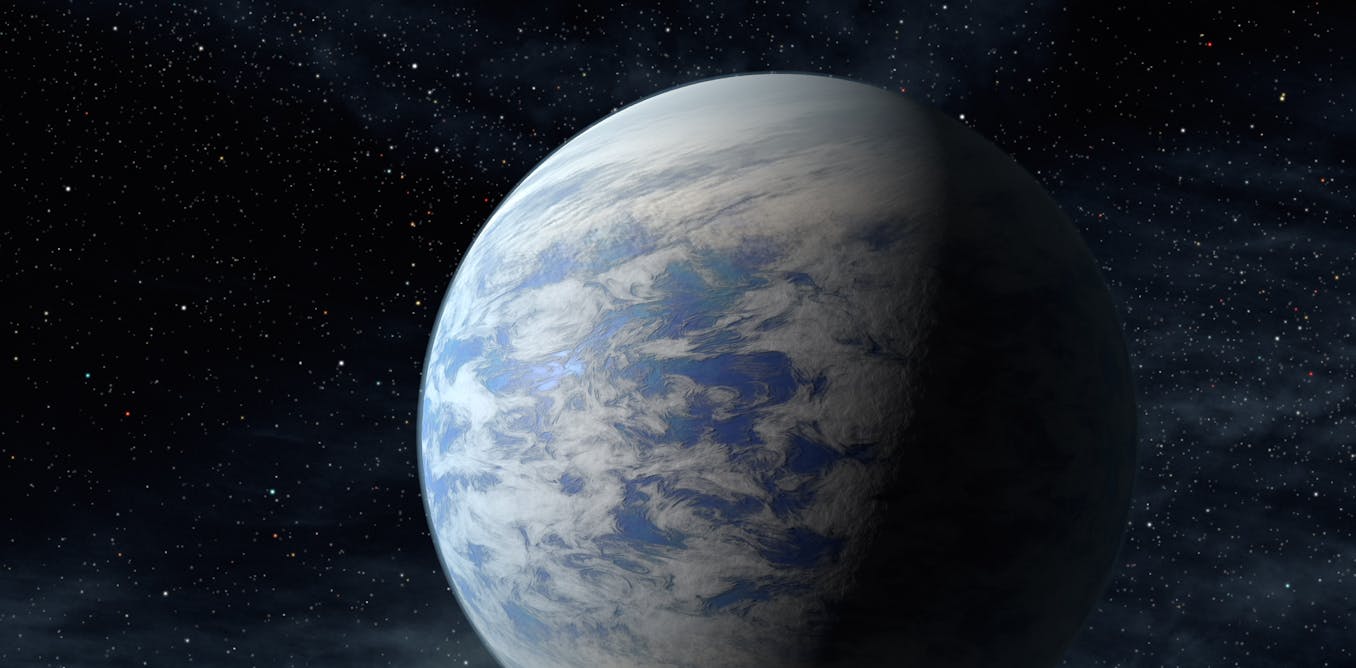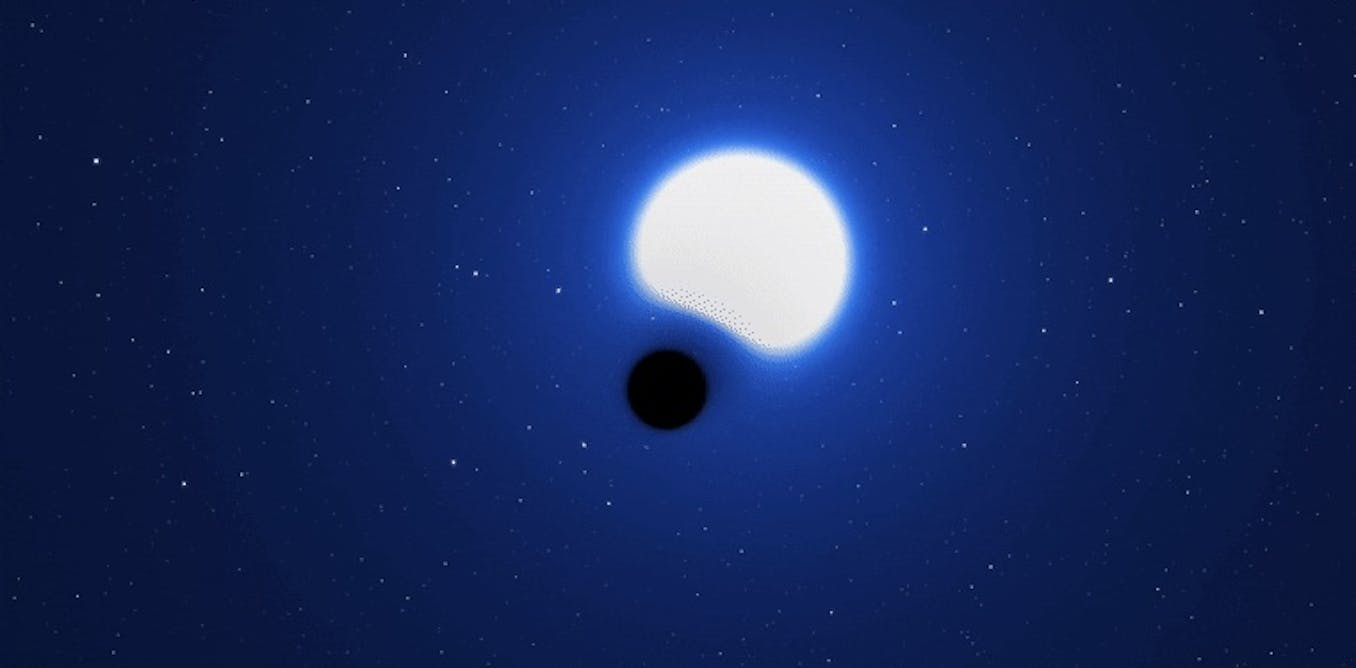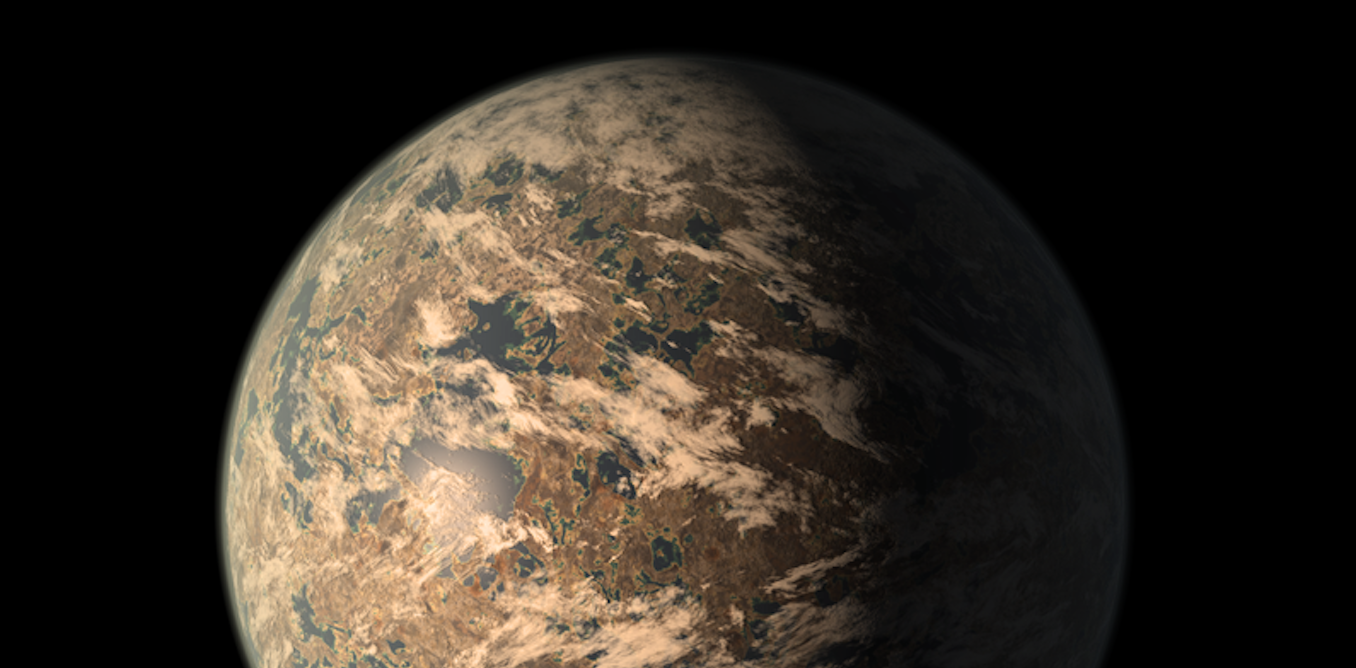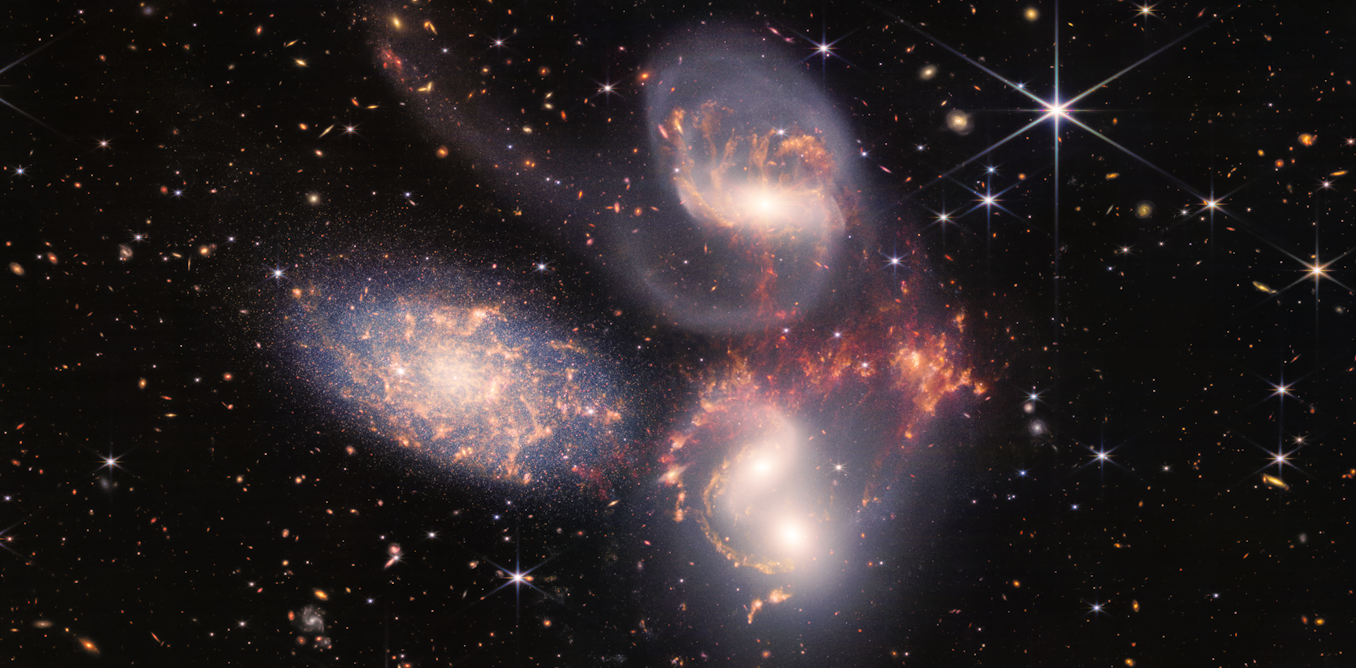NASA's busiest year in decades – an astronomer sums up the dizzying array of missions in 2022
NASA has been gaining momentum in recent years as investment into space has ramped up in the US. In 2022, missions dealt with the farthest, closest, hottest and coldest conditions in the universe.
Jan. 12, 2023 • ~9 min

